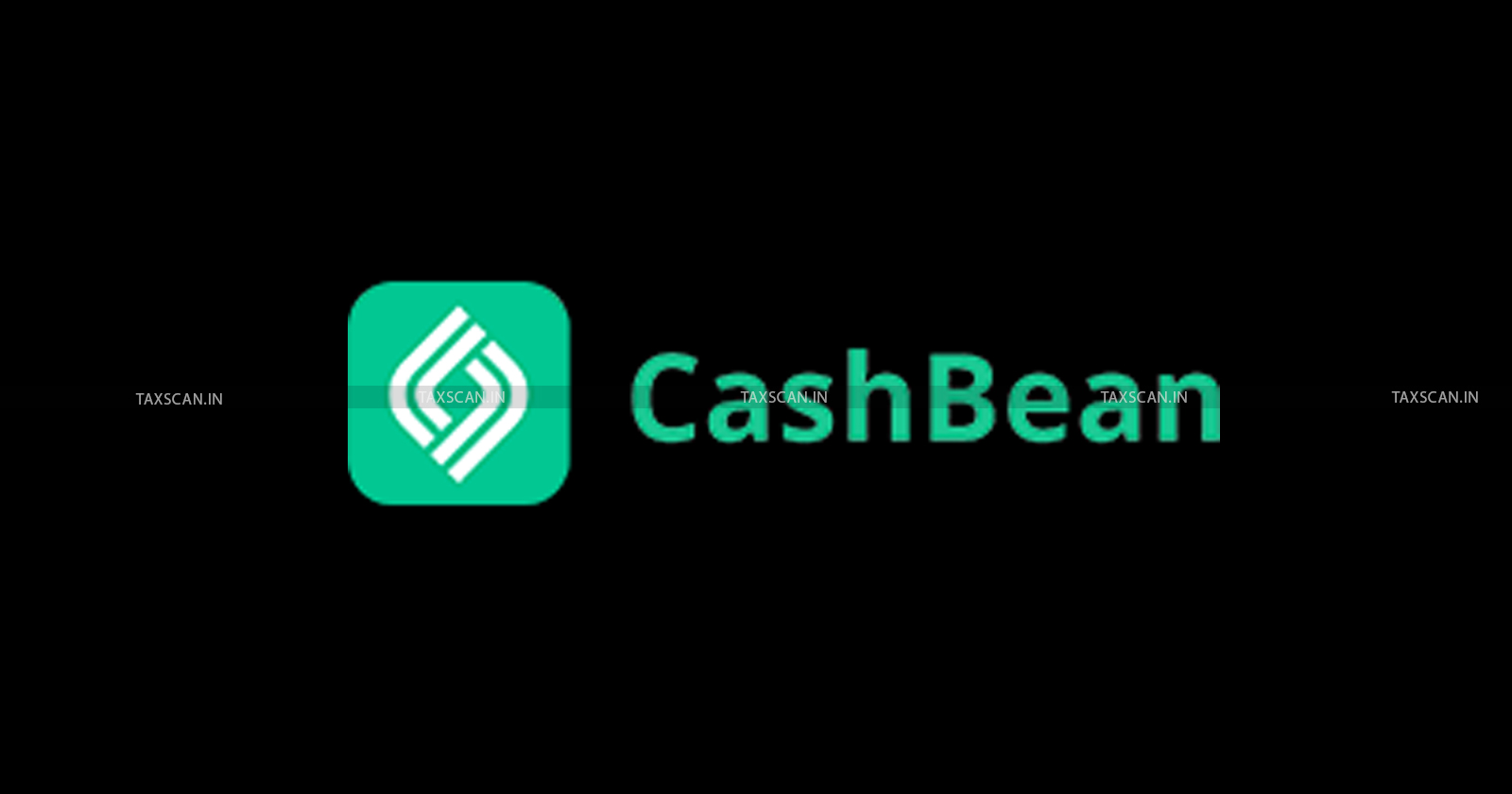Allegation of Bogus Import of Service through Cash Bean App: Delhi HC Dismisses Writ Petition on Evidence to Prove Contravention in Foreign Exchange Management Act [Read Order]

cash bean app – Foreign Exchange Management Act – Writ Petition – taxscan
cash bean app – Foreign Exchange Management Act – Writ Petition – taxscan
In a significant case on the allegation of Bogus import of service through the Cash Bean app, the Delhi High Court dismissed a writ appeal on evidence to prove contravention in the Foreign Exchange Management Act,1999.
PC Financial Services Private Ltd, the petitioner is engaged in the business of providing unsecured short-term loans to its customers/borrowers in India via its Digital Application platform called ‘CashBean’.
The CashBean application of the petitioner had 60.3 million users, and 39.2 million registered customers, out of which only 3.75 million unique customers were selected after an assessment of creditworthiness for the loan. It was contended that the petitioner had engaged a Hong Kong-based Company, namely Hong Kong Fintango Limited (‘HK Fintango’) for procurement of an IP licence and had entered into a Software Licence Agreement dated 01.10.2019 with it for providing IP and Digital Lending Software Licence, that is, the CashBean App to the petitioner for the Indian digital micro-lending market.
The petitioner further contends that another Company, that is Mobimagic Co. Ltd. (‘Mobimagic’), provided technical services to the petitioner till March 2020 and, thereafter, the services of HK Fintango were engaged from August 2020.
The petitioner stated that for the Technical fees, the petitioner’s Board had taken the necessary and proper decisions by considering the comprehensive business risk management requirements, including the services scope, Software Licence Agreement commitment and responsibility. The Board had also considered and referred to the industry practice. The Board had also consulted with tier-1 Chartered Accountant Firm/Independent Consultant, Ernest & Young LLP, India (‘EY India’), which resulted in independent benchmarking reports.
It was stated that Mobimagic was the original developer of the CashBean software, which was subsequently transferred to HK Fintango on 26.09.2019. Post such transfer, HK Fintango has been awarded with the new Software Copyright Certificate for the same. The petitioner states that for the business of the petitioner, HK Fintango has granted access to its Software App in a source code format and technical support has been received from Mobimagic; management and other support have been received from another related party entity, namely, TenSpot Pesa Limited.
The petitioner claimed that the petitioner has maintained the Transfer Pricing Documentation required under Rule 10D of the Income Tax Rules, 1962 read with Section 92D of the Income Tax Act, 1961, and proper forms have been filed with the Income Tax Authorities. The petitioner claims to have also deducted the Tax at Source for payments made to these Companies and as having greatly contributed to the tax base of the country.
It was alleged that the petitioner has, therefore, contravened Section 4 of the Foreign Exchange Management Act, 1999 (‘Act’), and an equivalent value of the property was liable to be seized from the petitioner in India. The above seizure orders have been confirmed by respondent no.2 vide the Order dated 04.02.2022 (‘Impugned Order’).
The senior counsel for the petitioner submitted that under the Act, the foreign exchange transactions can be classified as ‘Capital Account Transaction’, as defined in Section 2(e) of the Act, or as ‘Current Account Transaction’, as defined in Section 2(j) of the Act. He submits that Section 6(3) of the Act provides that all ‘capital account transactions’ are prohibited unless specifically permitted by the RBI. On the other hand, all ‘current account transactions’ are permitted unless specifically prohibited.
It was argued that the basic reason for the proceedings against the petitioner is a baseless allegation of the petitioner charging higher rates of interest and processing fees from its customers/loan applicants. He submits that such an allegation cannot, however, provide any justification for the invocation of the draconian power of seizure under the Act.
A single bench of Justice Navin Chawla observed that the Impugned Order is to be based merely on ‘reason to believe’ that any foreign exchange situated outside India is suspected of having been held in contravention of Section 4 of the Act by the person against whom the order under Section 37A of the Act is being passed.
Though it may be true that the ‘reason to believe’ must also be based on certain tangible material and should be reasonable and not be arbitrary or whimsical, at the same time, the Court in the exercise of its powers under Article 226 of the Constitution of India cannot act as an appellate authority and substitute its own opinion for that of the Competent Authority.
It was found that the petitioner has been unable to make out such a case which would warrant an interference of the Court with the Impugned Order. “The allegations of the respondents and the defence of the petitioner would need to be tested by the Adjudicatory Authority. On facts, it cannot be said that the respondents' action is ultra vires the Act or so whimsical as to warrant the interference of the Court at this stage when the proceedings are pending before the Adjudicatory Authority.”, the court held.
To Read the full text of the Order CLICK HERE
Support our journalism by subscribing to Taxscan premium. Follow us on Telegram for quick updates


